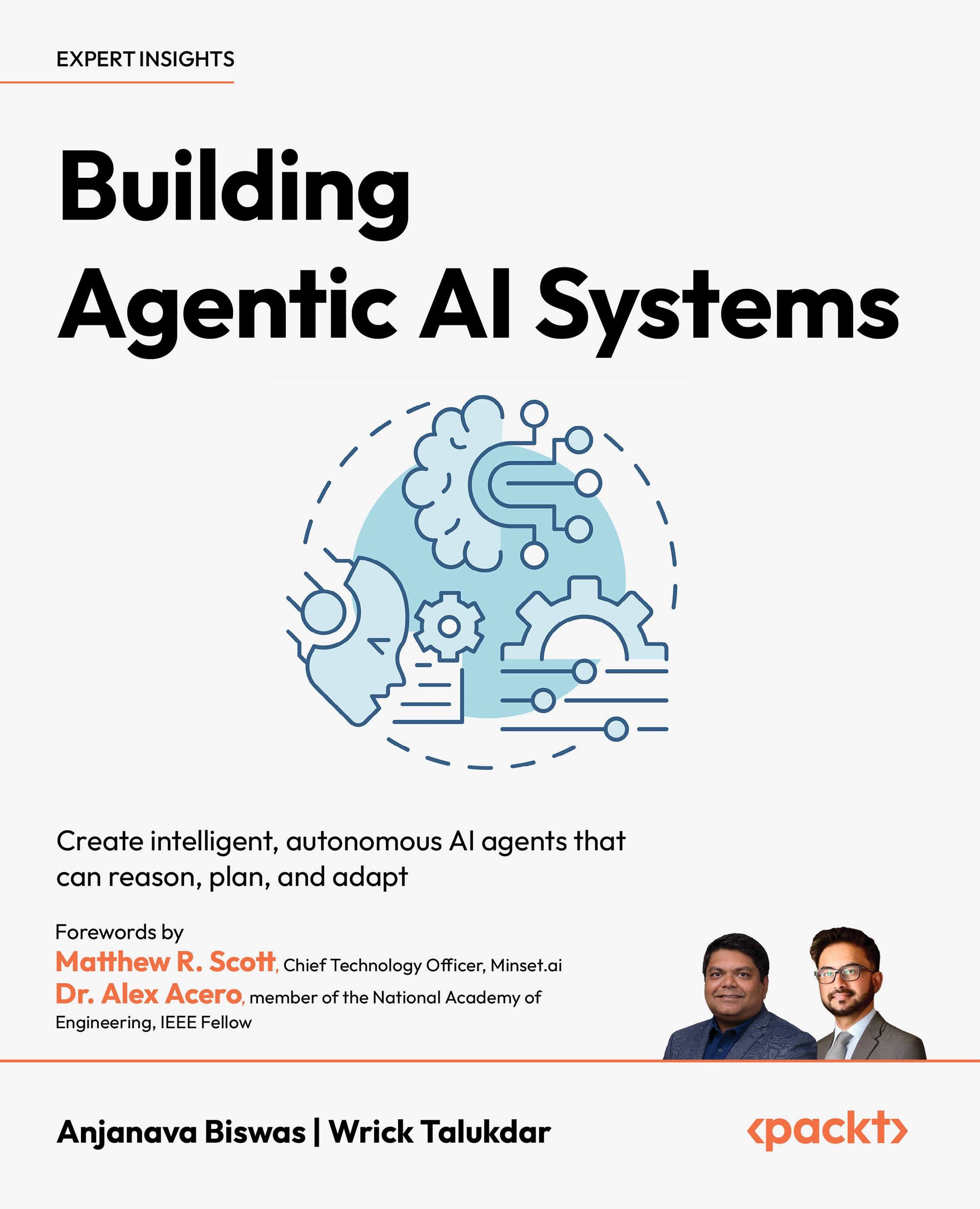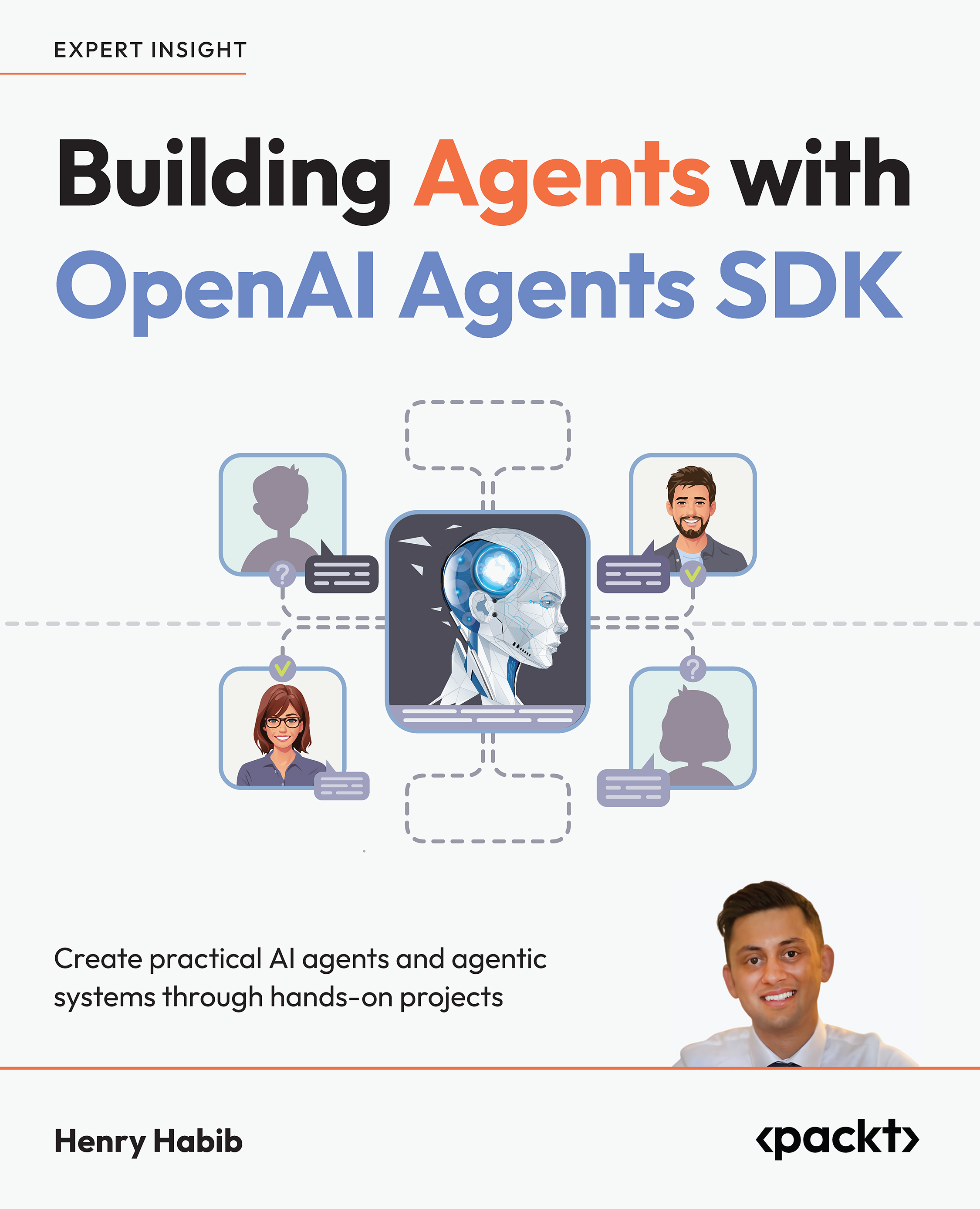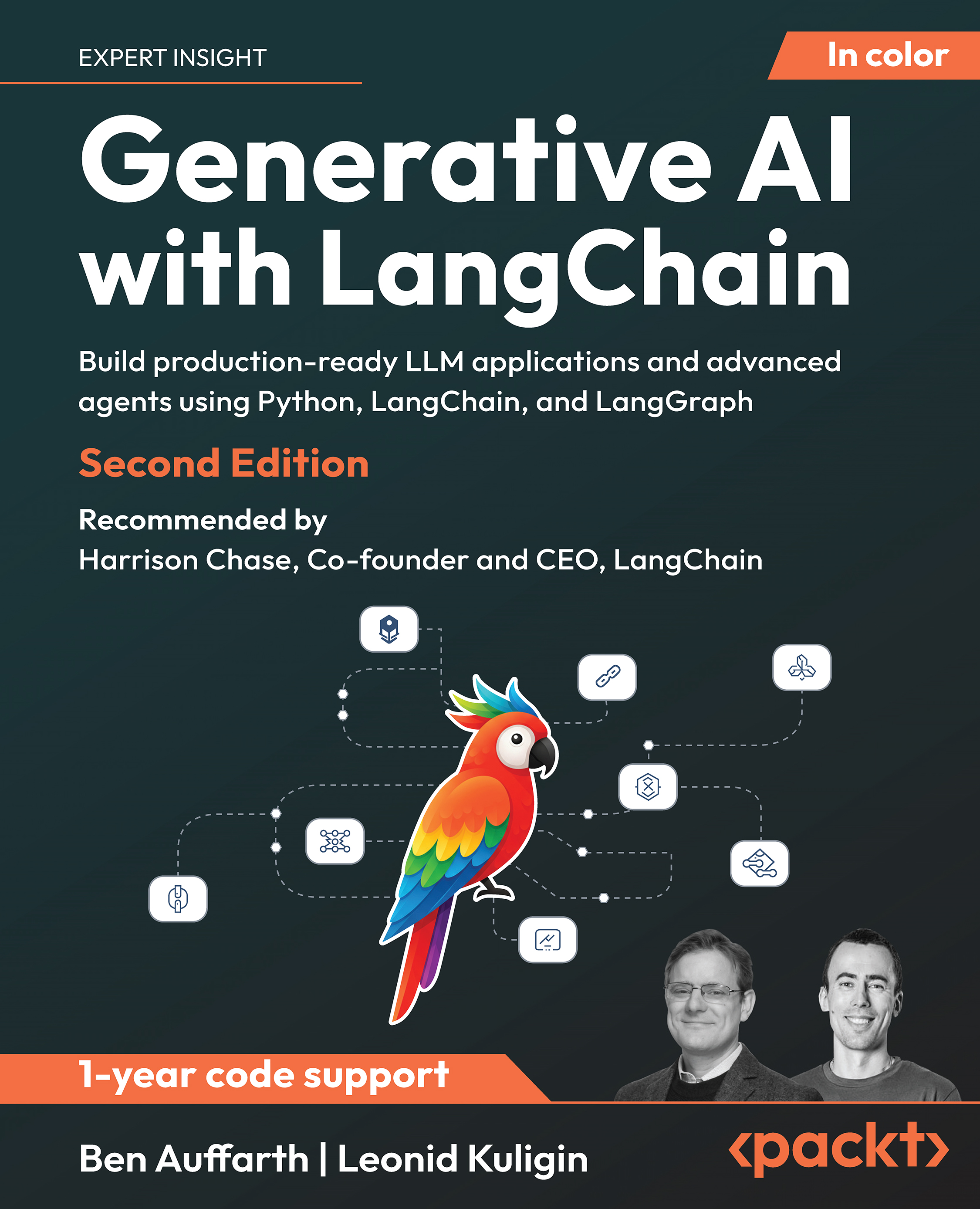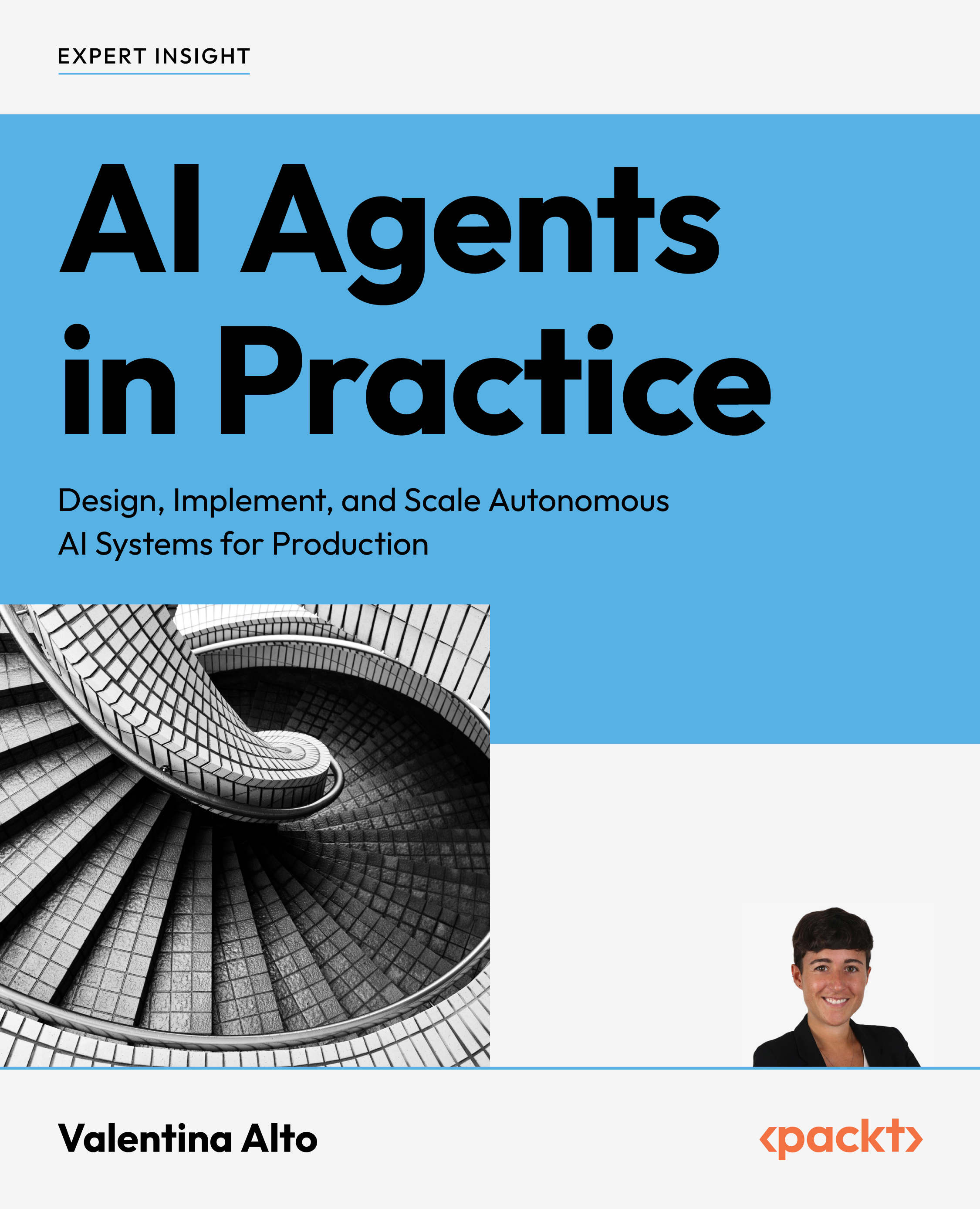Unleashing the Power of Data with Trusted AI: A guide for board members and executives
By Wendy Turner-Williams
Modernizing the boardroom to steer data and AI
The expertise provided and methods proposed by boards of directors of the past are outdated and inadequate for today’s standards of quality, ethics, and responsible use practices. Leadership roles for boards and executives must evolve significantly, extending well beyond merely maximizing profits or maintaining organizational stability. The emergence of everyday AI has broadened responsibilities, introducing ethical dilemmas, bias mitigation, and a much deeper understanding of data management intricacies and execution.
This seismic shift extends beyond mere technological adaptation; it permeates every facet of an organization with the board of directors playing a pivotal role in orchestrating this transformative journey. As organizations grapple with the colossal task of integrating AI, a boardroom metamorphosis is inevitable. Embracing this change requires a deep introspection of the status quo; an understanding that AI adoption demands a deeper insight into data and its responsible use along with the acknowledgement that to do so, change will touch every corner of the organizational framework. This change reaches the highest echelons of leadership—the board of directors and executive leadership. This realization is reflected in46% of boardroom leadersstating that generative AI is currently their “main priority above anythingelse.”5
“46% of boardroom learders stated that generative AI is currently their main priority above anything else.”
One might ask, why is AI a board concern? Well, the introduction of AI technologies means the board’s fiduciary responsibility extends far beyond corporate profit. Boards are responsible for the health of the company and the management of company risk. This includes bridging various stakeholder interests, including customers, employees, shareholders, communities, and now society at large. The board’s oversight is crucial in ensuring that AI initiatives prioritize ethical considerations, maintain quality standards, protect privacy, address new security challenges, and adhere to regulatory compliance, thereby upholding stakeholders’ trust and confidence in the organization.
The complex nature of AI technologies demands a strategic and structured approach. AI is fueled by one thing and one thing only—your data. Therefore, systemic cultural changes are required to overcome the challenges of scaling data and analytics. Over 90% of executives—91.9% in 2022—point to culture as the greatest impediment to achieving this business outcome. Only8.1%cite technology limitations as the primary impediment.6
91.9%
Executives cite cultural barriers as the principal obstacle
8.1%
Executives cite technology limitations as the primary impediment
The appointment of a Chief Data and AI Officer (CDAIO) willbe of paramount importance in this new paradigm. Reporting directly to the CEO and the board, this figure should be responsible for crafting comprehensive data and AI strategies and implementing tactical approaches, while weighing and devising risk mitigation measures for the organization’s AI initiatives. Their role is central to ensuring that AI integration aligns with the organization’s data offense and defense objectives.
Want to dive deeper into the conversation and explore all the key takeaways? Sign up for a 7-day free trial and enjoy full access to the book. If you're already a Packt subscriber, you can read it for free! Plus, for a limited time, you can grab the e-book at 30% off. Don’t miss this chance to learn from the top 1% of industry experts and gain insights from their real-world experiences!
 United States
United States
 Great Britain
Great Britain
 India
India
 Germany
Germany
 France
France
 Canada
Canada
 Russia
Russia
 Spain
Spain
 Brazil
Brazil
 Australia
Australia
 Singapore
Singapore
 Canary Islands
Canary Islands
 Hungary
Hungary
 Ukraine
Ukraine
 Luxembourg
Luxembourg
 Estonia
Estonia
 Lithuania
Lithuania
 South Korea
South Korea
 Turkey
Turkey
 Switzerland
Switzerland
 Colombia
Colombia
 Taiwan
Taiwan
 Chile
Chile
 Norway
Norway
 Ecuador
Ecuador
 Indonesia
Indonesia
 New Zealand
New Zealand
 Cyprus
Cyprus
 Denmark
Denmark
 Finland
Finland
 Poland
Poland
 Malta
Malta
 Czechia
Czechia
 Austria
Austria
 Sweden
Sweden
 Italy
Italy
 Egypt
Egypt
 Belgium
Belgium
 Portugal
Portugal
 Slovenia
Slovenia
 Ireland
Ireland
 Romania
Romania
 Greece
Greece
 Argentina
Argentina
 Netherlands
Netherlands
 Bulgaria
Bulgaria
 Latvia
Latvia
 South Africa
South Africa
 Malaysia
Malaysia
 Japan
Japan
 Slovakia
Slovakia
 Philippines
Philippines
 Mexico
Mexico
 Thailand
Thailand















